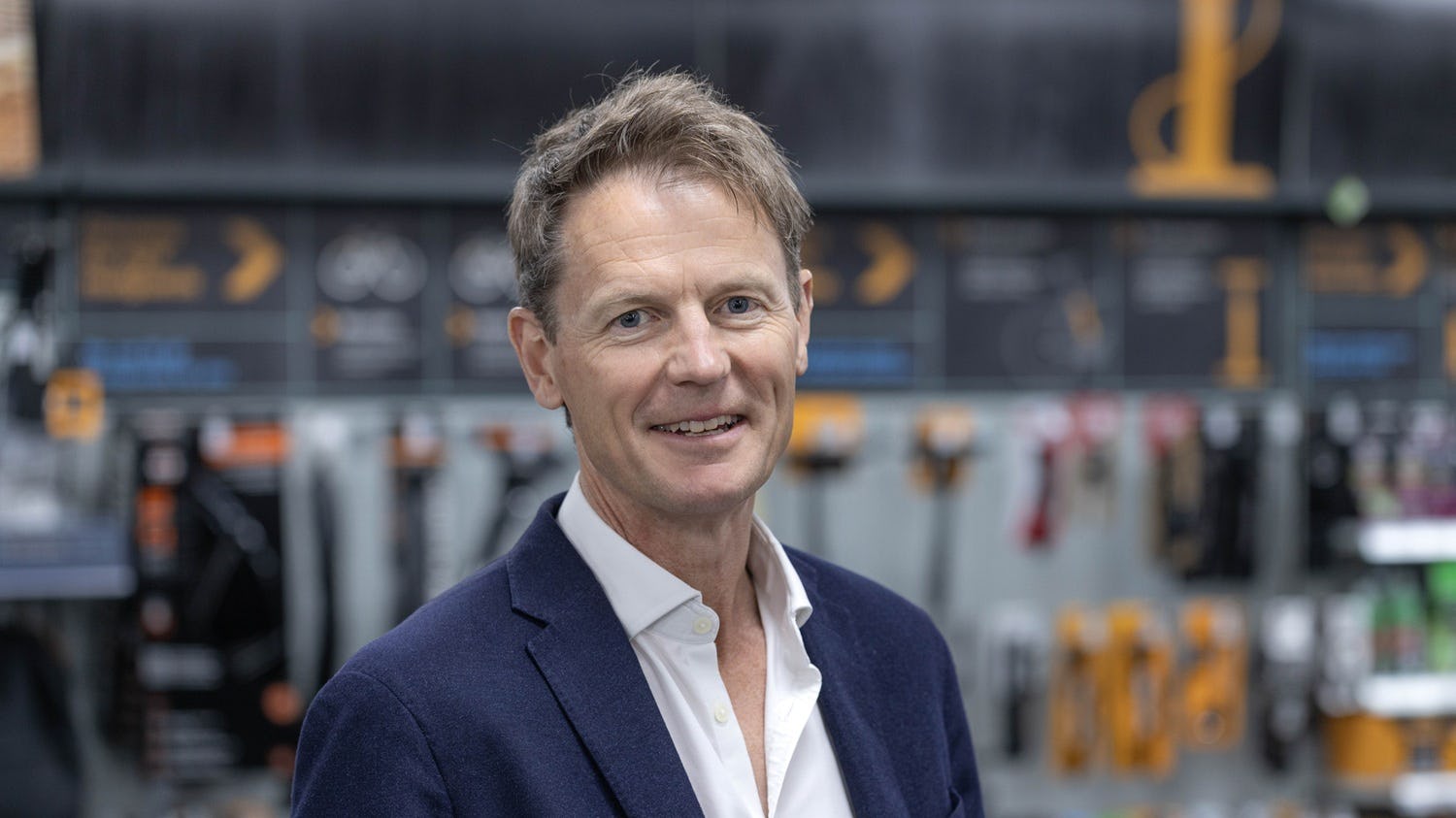Many cyclists seek alternatives to conventional gear systems due to issues with traditional designs. While some automatic systems are available, most rely on electrical components. In contrast, Peyman’s fully mechanical CVT transmission offers a battery-free automatic gear-shifting experience without any electronic components.
Fixed set of gears
Bicycles typically come with a fixed set of gears, offering preset torque levels that remain static throughout the ride. “This setup is quite different from vehicles like cars, which operate with a constant engine power,” says general manager Niuosha Asadi. “Instead, bicycles rely on human strength, which varies from person to person and declines over the course of a ride. As a result, the bicycle’s gear system doesn’t adapt to changes in the rider's energy, forcing cyclists to adjust to the bike rather than the bike adapting to them.”
Human strength
“For instance, a bicycle with three gears on the crank and ten on the cassette provides a theoretical total of 30 gear combinations. However, to preserve the gear system’s lifespan, riders should avoid using all available options frequently, which limits practical flexibility. While this static approach works well for machines with a stable power source, it doesn’t fully meet the needs of cyclists, whose strength and stamina vary both between individuals and within each ride,” says Asadi.
The system provides a broad range of torque coefficients that adapt to the cyclists power, pedaling speed, terrain slope, and weight”
broad range of torque coefficients
Peyman’s CVT system offers continuous torque adjustments through its innovative design. Instead of a limited number of gears, the system provides a broad range of torque coefficients that adapt seamlessly to the cyclists power, pedaling speed, terrain slope, and weight. This automatic and mechanical shifting enables each cyclist to experience optimized performance without interruption.
Belt slipping
A major obstacle in earlier CVT systems was belt slippage on inclines, which limited their usability for bicycles. The Peyman CVT team, after nearly six years of dedicated effort—including setting up a workshop in Romania, creating unique designs, manufacturing, and rigorously testing multiple prototypes—successfully addressed the issue of belt slipping on uphill rides. Asadi: “Our CVT system now features a specially designed belt, making this advanced solution suitable for bicycles going forward.”
Peyman will introduce a trade-in program, enabling customers to exchange their current bicycles for a discount on new models”
Trade-in program
To make this innovative system accessible, Peyman CVT plans to produce its own bicycles equipped with the CVT transmission system, expected to reach consumers in 2025. To further lower barriers to entry, Peyman will also introduce a trade-in program, enabling customers to exchange their current bicycles for a discount on new models. An electric bicycle model with this transmission is also in development.
Investors
The Peyman CVT team is opening opportunities for small investors interested in contributing to the industrialization and global introduction of their innovative automatic CVT transmission system. This investment opportunity is designed to support the next phase of their system’s development, focusing on bringing advanced transmission technology to a broader market. Those interested in investing in the product can reach out through their website: www.peymancvt.co.uk.
This article is sponsored by Peyman.











